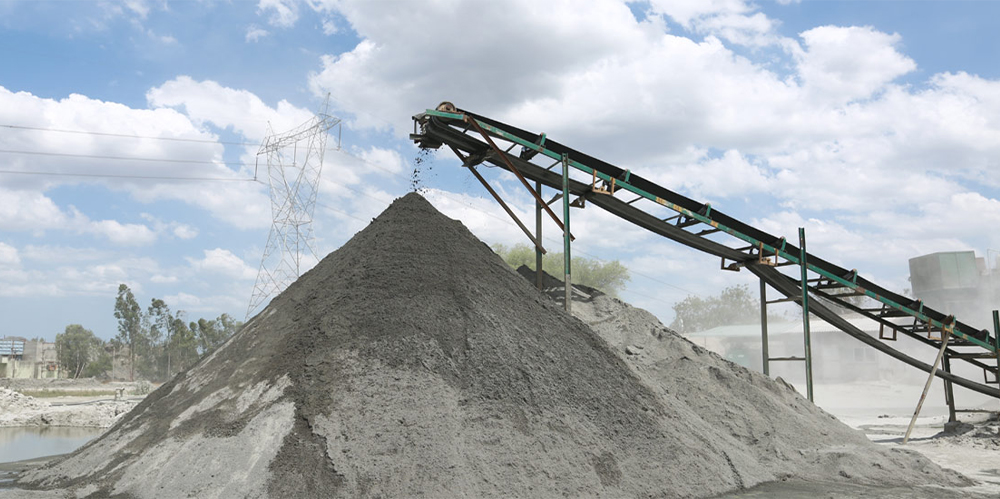
MSAND: SUSTAINABLE CHOICE FOR THE ENVIRONMENTAL IMPACT
Understanding Msand: What It Is and How Makes It
Msand, or manufactured sand, is a fine aggregate that we create by crushing hard granite stones. Unlike traditional river sand, which we extract from natural water bodies, we make Manufactured Sand to achieve the desired texture and quality. This controlled process involves crushing, screening, and washing.
We follow several stages to produce Manufactured Sand. First, we feed large rocks into crushers, breaking them down into smaller particles. Then, we pass these particles through a series of screens to ensure uniformity in size. Finally, to complete the process, we wash the sand to remove impurities and fine dust, resulting in high-quality construction material.
Environmental Benefits of Msand Over Traditional Sand
One of the primary environmental benefits of Msand is that it reduces the need for river sand mining. This reduction can significantly minimize ecological impacts. River sand mining can have substantial ecological impacts. These impacts include habitat destruction, water pollution, and depletion of natural resources. The use of Msand instead reduces the need for this mining. Moreover, by choosing Msand, we actively help preserve river ecosystems and maintain biodiversity.
Furthermore, we use waste materials from other industries, such as granite quarries, to produce manufactured sand, which would otherwise go to landfills. As a result, recycling these materials conserves natural resources and reduces the environmental footprint of construction activities.
How Msand Contributes to Sustainable Construction Practices
In addition, manufactured sand promotes sustainable construction practices by providing consistent quality and properties, making it an ideal choice for concrete production. Consequently, this reliability enhances the durability and strength of structures, thereby reducing the need for repairs and maintenance and conserving resources in the long term.
Moreover, when we use locally manufactured Msand in construction projects, we significantly reduce the carbon footprint. Moreover, local production significantly lowers transportation costs and associated emissions compared to imported river sand, thereby supporting the local economy and further reducing dependency on distant resources.
Economic Advantages Of Using Msand in Construction Projects
Manufactured Sand offers several economic advantages over traditional sand. The controlled manufacturing process ensures consistent quality, which improves performance and minimizes project delays. This reliability can lead to cost savings for construction companies by reducing the risk of material-related issues.
With an abundant supply of raw materials, we can produce Manufactured Sand in large quantities, making it a cost-effective alternative. This production not only ensures a steady supply for construction projects but also results in stable pricing. By contrast, river sand faces supply constraints and price fluctuations.
Future Trends: Msand and the Green Building Movement
As the green building movement gains momentum, the demand for sustainable construction materials like Manufactured sand is expected to be in high demand. Manufactured Sand aligns with green building principles by reducing environmental impact and promoting resource efficiency. Its adoption can help projects meet green certification standards, such as LEED (Leadership in Energy and Environmental Design).
Looking ahead, we anticipate innovations in Manufactured Sand production and technology will enhance its properties and expand its applications. With continued study and development, manufactured sand may ultimately become crucial to the building sector’s efforts to create stronger and more resilient structures.
Build a Stronger Future with Msand
By choosing Manufactured Sand from trusted suppliers in Trivandrum, you not only enhance the quality of your construction but also support sustainable building practices. Contact us today for high-quality Msand in Trivandrum at competitive prices.
